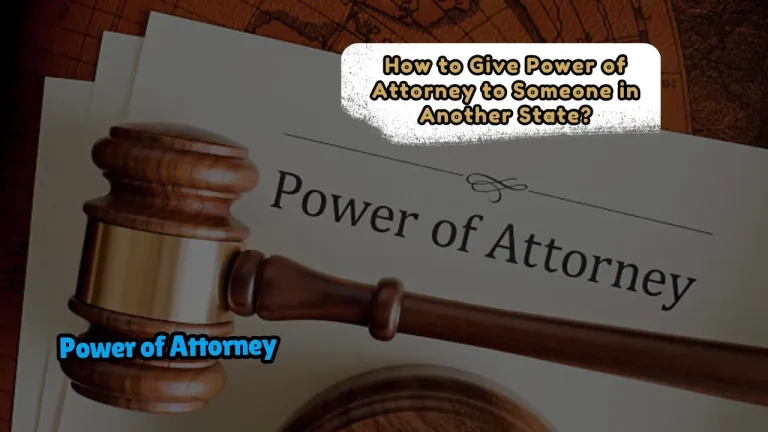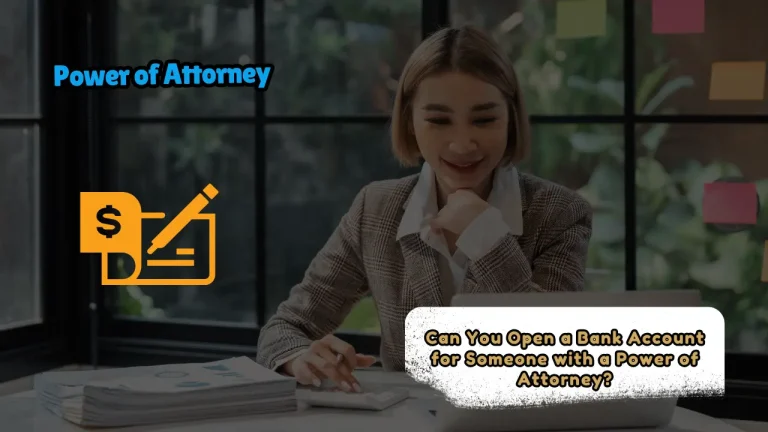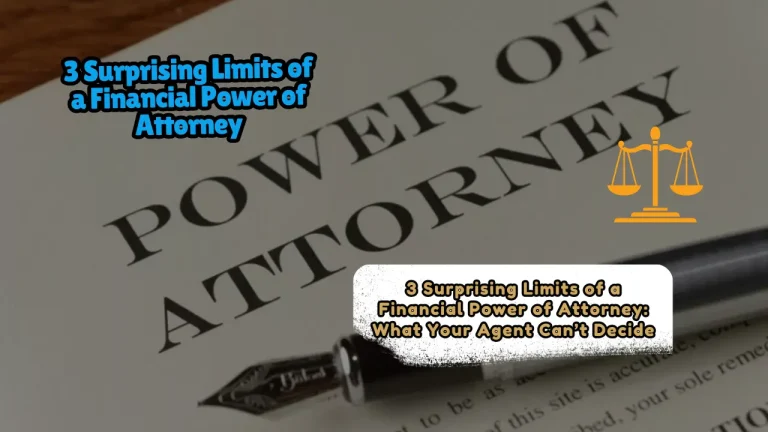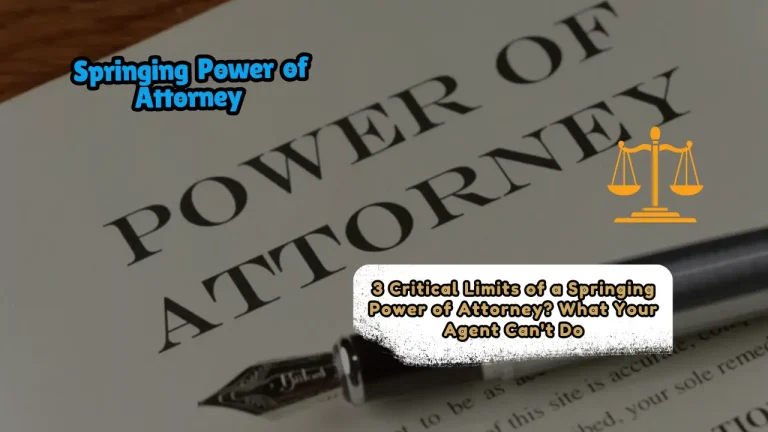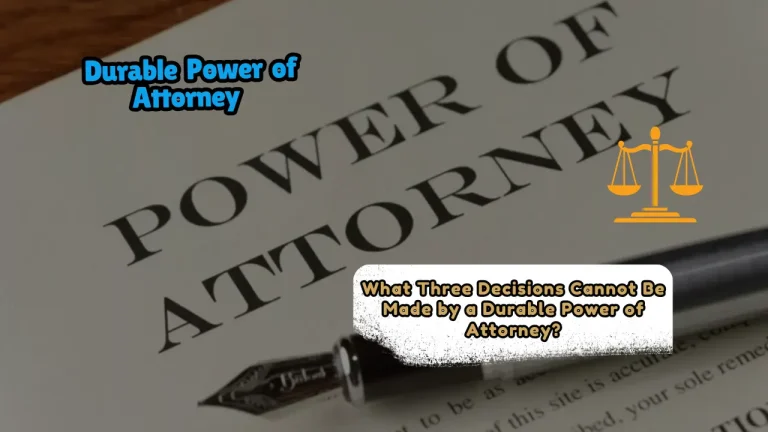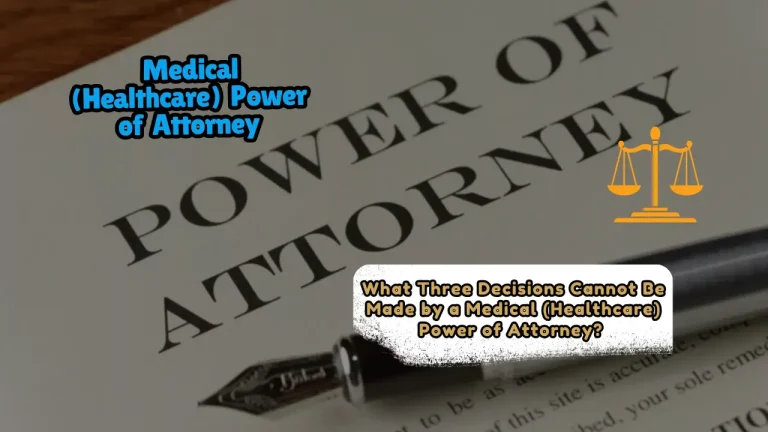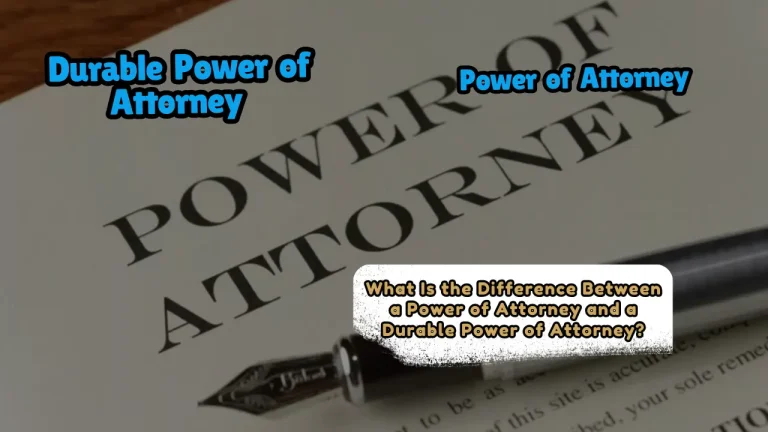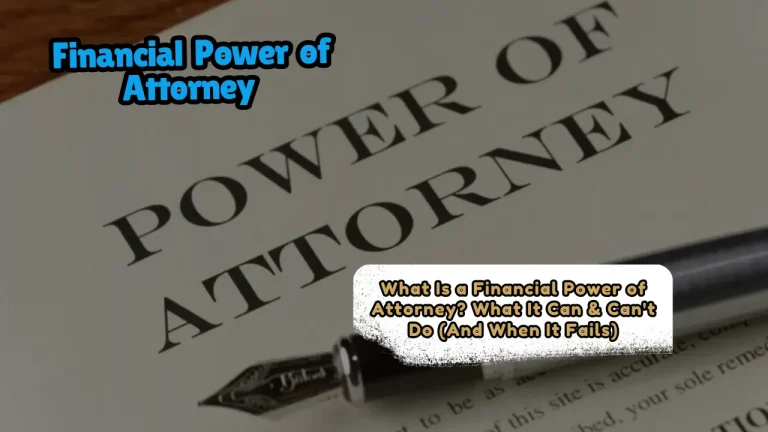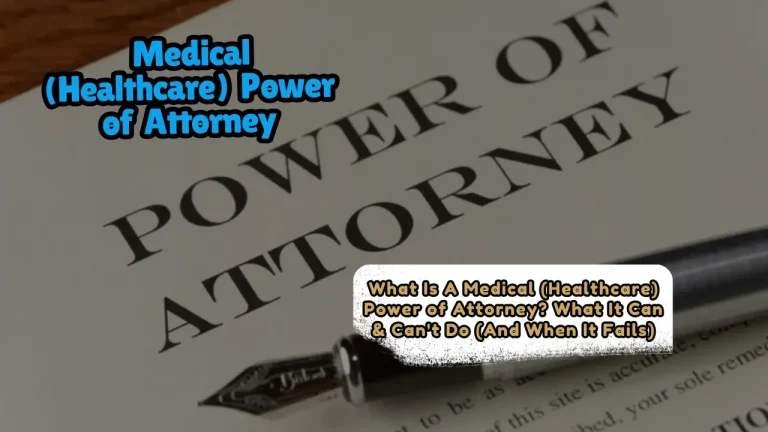How to Give Power of Attorney to Someone in Another State?
Yes, you can grant power of attorney (POA) to an agent in another state—but cross-state POAs require careful planning to comply with varying legal requirements. Whether managing finances for an aging parent, handling a business, or preparing for emergencies, here’s how to ensure your POA holds up across state lines. Key Considerations for Cross-State POAs…

